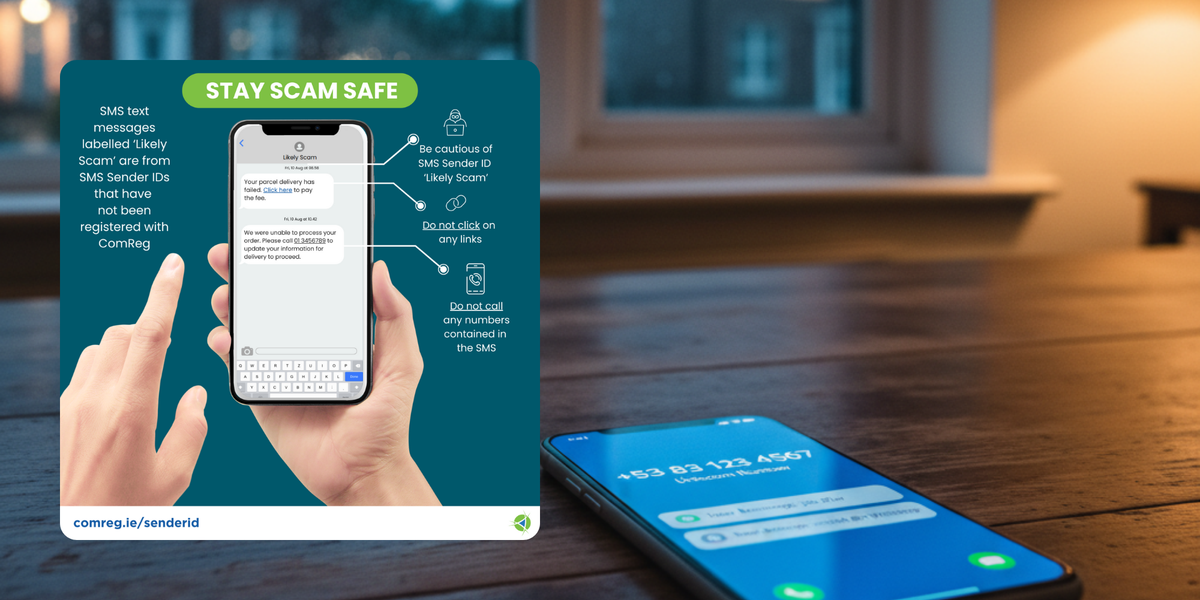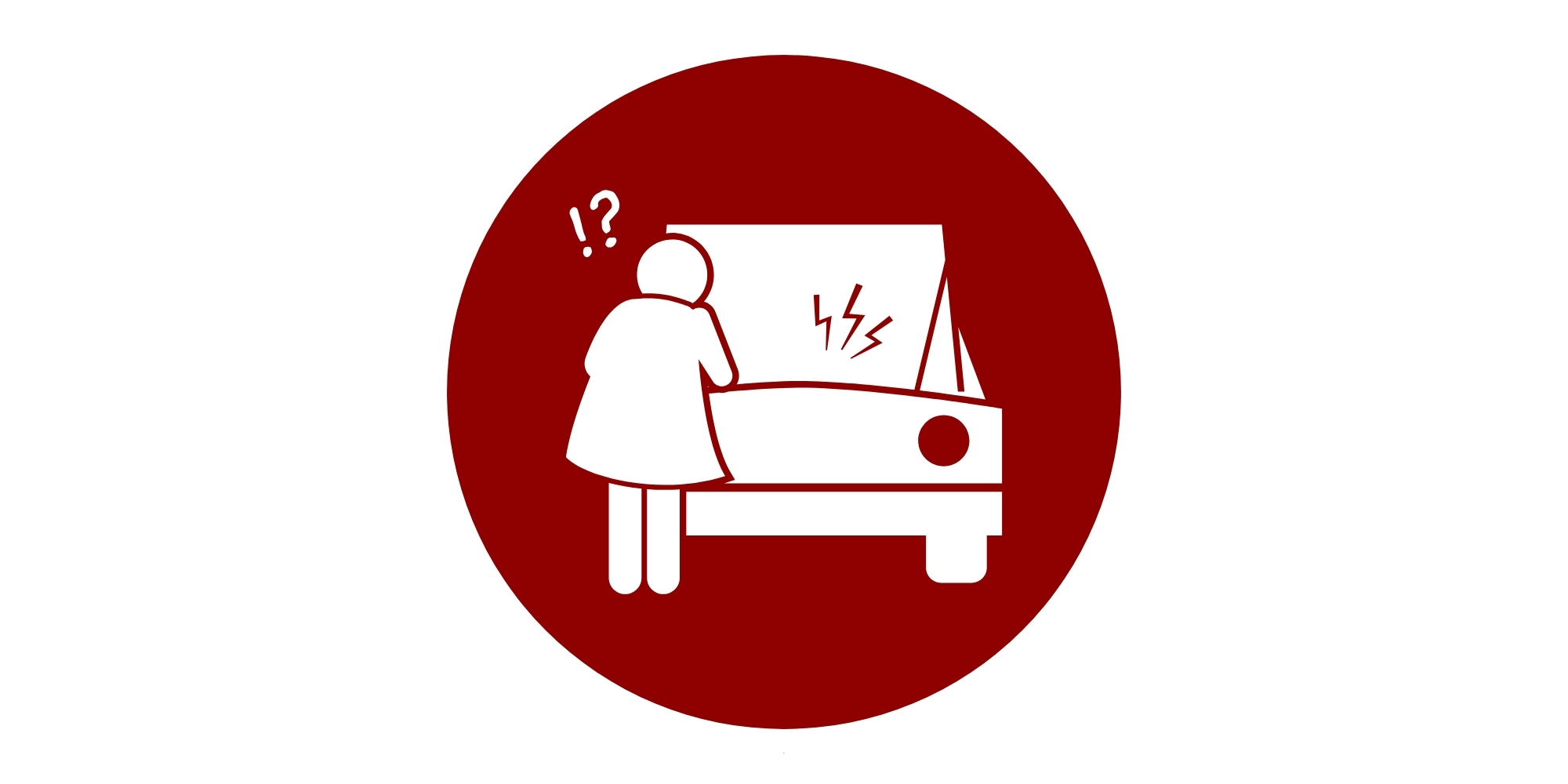Phone Scam Alert: Revolut "Refunds" and WhatsApp Job Offers
Revolut and WhatsApp job scams are becoming increasingly sophisticated, but staying informed and following these simple verification steps can keep your money and personal information secure.

People across Cork and Ireland are being hit with two increasingly common phone scams: fake Revolut "refund" calls that connect victims to convincing call centres, and unsolicited WhatsApp "job offers" that lead to costly task scams. The safest response to any unexpected call is to hang up immediately and verify through official channels.
How the Revolut Call Scam Works
Fraudsters are spoofing caller IDs to appear as legitimate Revolut numbers, often claiming there's been a suspicious transaction or that a refund is due. These calls can sound remarkably convincing, with professional-sounding call centres designed to build trust before requesting sensitive information.
The scammers typically try to persuade victims to move money to a "safe account" or share one-time verification codes. However, Revolut's security guidance is straightforward and should be memorised by all users.
Revolut, Security team:
"If it's not in the app, it's not us."
The company emphasises that legitimate support will only contact customers through the official app, never through unexpected phone calls requesting immediate action.
WhatsApp Job Scam Tactics
The second major scam involves unsolicited WhatsApp messages promising easy money or remote work opportunities. These messages often hang up quickly if you answer, then push you to contact a supposed recruiter via text.
Victims are typically funnelled into "training groups" or asked to complete simple "rating tasks" online. Scammers build trust by making small initial payments, but eventually request deposits or cryptocurrency transfers to "unlock" larger payments.
Legitimate employers do not recruit through random WhatsApp messages and never ask for upfront fees or deposits from potential employees.
Warning Signs to Recognise
Several red flags can help identify these scams before any damage occurs. Scammers create artificial urgency, pressuring victims to act immediately without giving time to think or verify information.
Caller ID can be easily faked, including Irish mobile prefixes, so never trust the displayed number alone. If any bank or financial company is mentioned, look up their official number independently and call back through verified channels.
Any request for verification codes, passwords, or remote access to devices should trigger immediate suspicion, regardless of how legitimate the caller sounds.
Immediate Action Steps
If you receive a suspicious call, end it immediately without engaging further. Do not return calls to unknown or missed numbers, as this can confirm your number is active and lead to more scam attempts.
If you've already shared information or transferred money, contact your bank or Revolut through the official app immediately. Consider freezing cards as a precautionary measure and save screenshots of any messages or call logs as evidence.
Report incidents to your local Garda station, as this helps build intelligence on current scam patterns affecting the Cork area.
New Protection Measures
ComReg has introduced the SMS Sender ID Registry to combat text-based scams. Since 3rd July 2025, texts from unregistered Sender IDs appear modified as "Likely Scam", and from 3rd October 2025, such messages will be blocked entirely.
ComReg's SMS Sender ID Registry has made significant progress since its launch, with over 16,400 SMS Sender IDs now registered by more than 12,200 organisations as of 4th September 2025. The registry specifically covers alphanumeric sender IDs like "234BANK" rather than standard phone numbers or 5-digit short codes.
While the system has successfully begun labelling unregistered messages as "Likely Scam" since 3rd July, ComReg acknowledges some technical issues where legitimately registered sender IDs are incorrectly being modified. The regulator is working with mobile service providers to resolve these problems, and warns that later this year, unregistered SMS messages will be blocked entirely rather than simply labelled.
Mobile providers offer additional blocking tools. Vodafone customers can forward spam texts to 50005 for review, while other networks provide similar reporting mechanisms.
Essential Protection Steps
Keep device software updated and use strong screen locks with two-factor authentication where possible. For Revolut users, always use in-app chat for genuine support queries and never share verification codes with anyone.
Treat any job offers received through WhatsApp as untrusted. Apply for positions through official company websites or reputable Irish job boards like PublicJobs.ie instead.
Remember that legitimate banks and financial institutions will never ask customers to download remote-access software or provide full account details over the phone.
Local Support and Reporting
You can access clear guidance on scam calls and texts through ComReg, FraudSMART, and Citizens Information. These Irish-specific resources outline how scams operate locally and provide the safest reporting routes.
If you've been targeted by these scams, the key steps remain the same: cut contact immediately, secure your accounts, gather evidence, and report to local Gardaí to help protect others from similar attempts.
